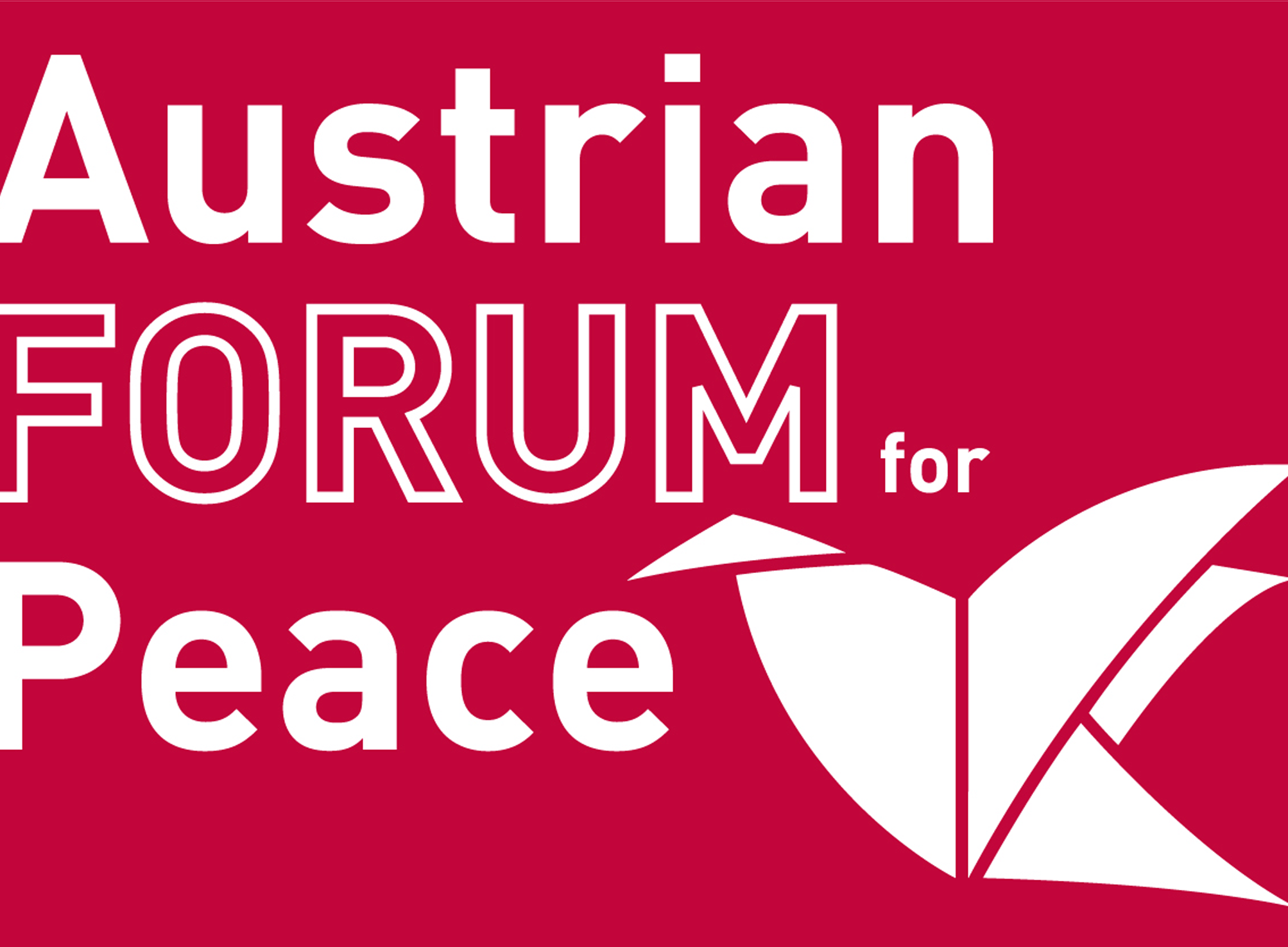Recent events in different parts of the world seem to indicate that warfare is becoming routine again. The year 2023 will likely be the deadliest year in terms of armed conflict in decades. Indeed, there is evidence of a global stalemate in key peace processes, resulting in military deterrence and a turn to violence as the chosen answer. The growing fragmentation of the global system also expresses itself in an increasing number of mediating parties, some of whom actively support conflict parties. Additionally, the complexity and unpredictability of political dynamics are further aggrevated by the effects of the climate crisis: An increase in extreme weather events and the deterioration of spaces for farming, livestock, and living add to already existing precarities. However, since these effects are felt by everyone across conflict lines, they can also serve entry points for peace process by building trust and establishing common goals.
The Eastern Mediterranean Coast has been particularly hit by droughts and is still suspected to have crucially driven various events related to the Arab Spring in 2011. Due to a weakening of the Gulf Stream, current estimations predict a significant rise in average temperatures in the near future and further extreme weather events. At the same time, with the Hamas attack on Israel on October 7 and Israel's war on Gaza, the region has slid into the most volatile state it has been in for a few decades. So far, neither national, regional, nor international efforts have been made to appease the tensions between Israel-Palestine, Iran, Iraq, Syria, Lebanon, Yemen, and the US.
On the occasion of the 2nd forum for peace, the Austrian Centre for Peace (ACP) and the Department of Global Governance (Institute of the Foundations of Law) at the University of Graz invite students to discuss the interrelationships between climate and peace in the Middle East in more detail. The summer school provides a space for students to become acquainted with the historical and political developments of the region and the various repercussions of the climate crisis. Most importantly, the students will learn about related peace initiatives and the many options for fostering peace in these contexts.
Programme
1 July
11.00-12.30
Introducing the climate, peace, and security nexus
Maximilian Lakitsch (Uni Graz)
14:00-15.00
Case study: Environmental Peacebuilding in the Persian Gulf
Sophia Stanger (ACP)
15.15-16.45
Introduction to Middle East politics (1/3)
Salam Ebeid (FU Berlin)
2 July
11.00-12.30
Introduction to Middle East politics (2/3)
Salam Ebeid (FU Berlin)
13.30-14.30
Introduction to Middle East politics (3/3)
Salam Ebeid (FU Berlin)
14.45-16.45
Climate crisis, security, and peace in the Middle East (1/2)
Emelie Poignant Khafagi (SIPRI)
3 July
11.00-12.30
Climate crisis, security, and peace in the Middle East (2/2)
Emelie Poignant Khafagi (SIPRI)
13.30-16.30
System analysis in groups, discussion, and text production
16.30-17.00
Reflection
